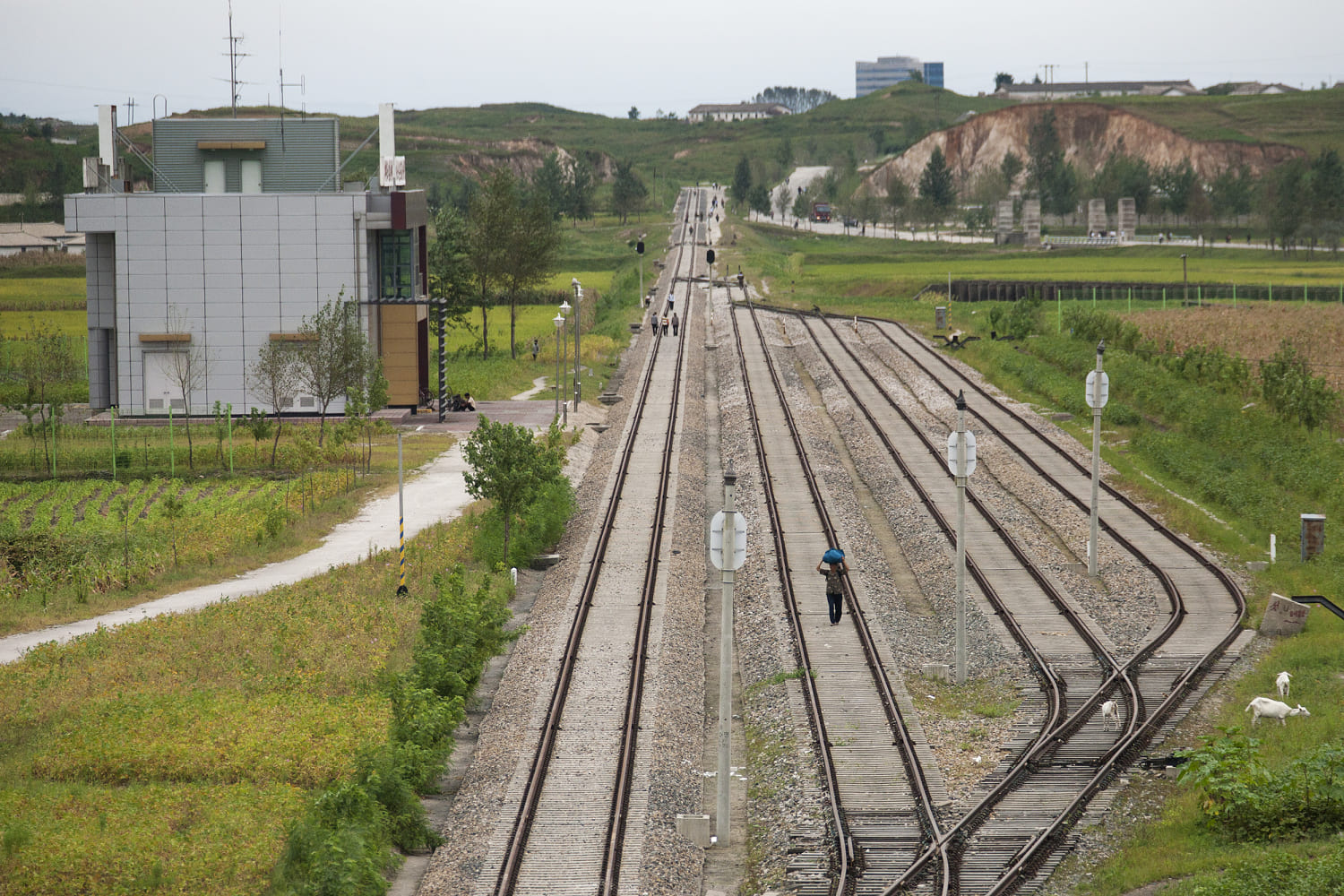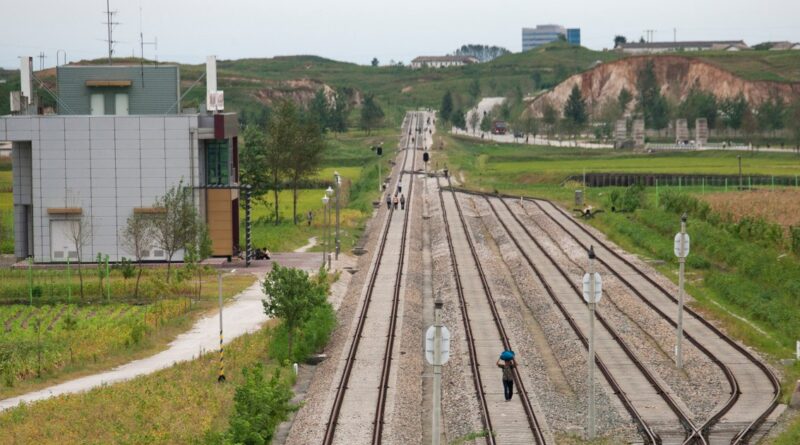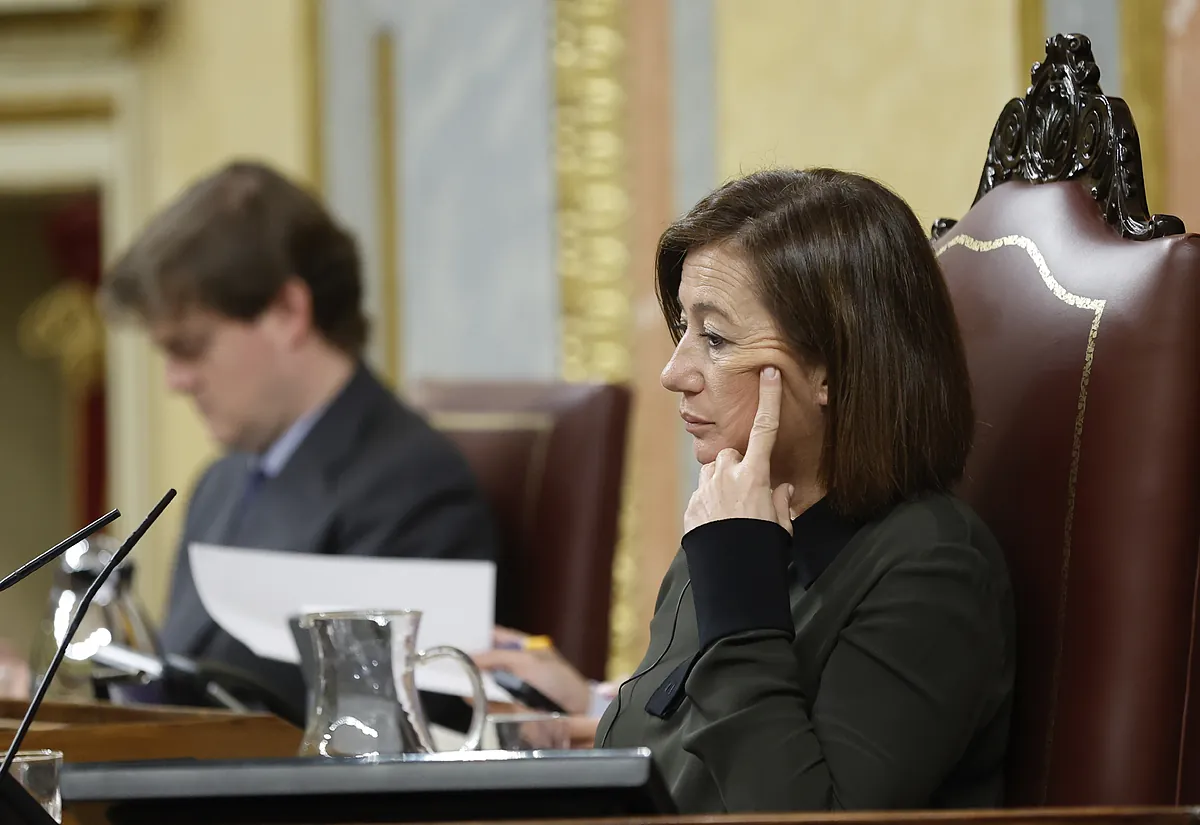North Korean army to completely sever road and rail lines to South Korea

North Korea’s Army said it will completely cut off roads and railways connected to South Korea starting from Wednesday, and fortify the areas on its side of the border, state media KCNA reported.
The announcement heralds a further escalation in activity close to the demarcation line separating the two Koreas, which had been rare in recent years until this year.
North Korea had already been installing landmines and barriers and creating wasteland along the heavily militarized border for months this year despite accidents, South Korea’s military said in July.
The General Staff of the Korean People’s Army said in a statement carried by KCNA that this was a response to war exercises that have been held in South Korea, which it called “the primary hostile state and invariable principal enemy”, as well as frequent visits by U.S. strategic nuclear assets in the region.
South Korea’s defense ministry said in a statement that the United Nations Command (UNC) has been notified of the matter, but declined to give specifics.
South Korea is in close communication and cooperation with UNC concerning North Korea’s announcement, the ministry added.
The U.S.-led UNC is a multinational military force and oversees affairs in the Demilitarized Zone (DMZ) between the two Koreas, which remain technically at war.
Separately, North Korea held a session of its Supreme People’s Assembly this week, state media KCNA said on Wednesday, although there was no mention on whether it had officially changed its stance on unification between the Koreas.
Tensions on the Korean peninsula have increased this year amid a series of missile tests and a push by Pyongyang to change how it relates to the South.
There has been widespread expectation that the rubber-stamp parliament would remove references in the constitution on “unification” between the two Koreas, in line with comments in a speech by leader Kim Jong Un in January.
KCNA also did not mention any law change to designate South Korea as a “primary foe” or similar wording, or any clarification of its borders, amid the continued tense relationship between the neighbors.



